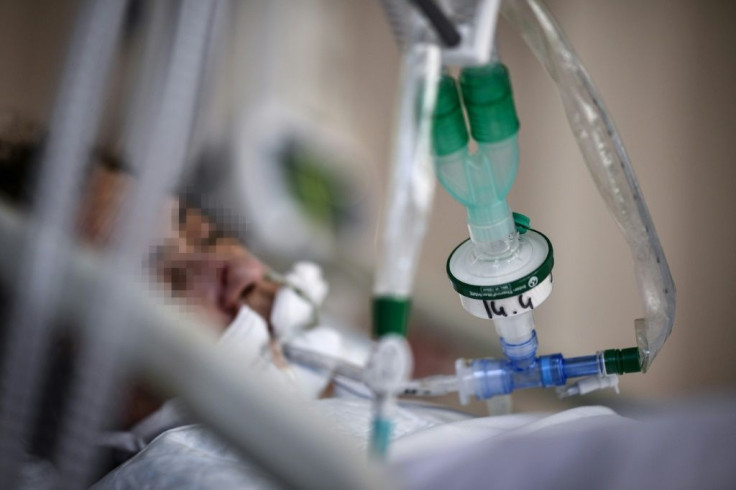Do You Have Flurona? Possible Symptoms Of Double COVID, Flu Infection
As the COVID variant Omicron continues to spread across the globe, influenza is also becoming a concern.
The first case of the double COVID virus and influenza infection has been detected in Israel in a woman who was pregnant and had not received her COVID vaccination, according to local media outlet Hamodia.
“She was diagnosed with the flu and coronavirus as soon as she arrived,” Arnon Vizhnitser, director of the gynecology department of Beilinson Hospital in Petah Tikva, Israel, told the news outlet.
“Both tests came back positive, even after we checked again,” he added.
The double infection, which is being called Flurona, is expected to infect more people in the near-term, but more cases of the disease have not yet been confirmed to date.
Because Flurona is a new phenomenon, not much is known about the possible double COVID-flu infection, but signs and symptoms are emerging from the medical team that treated the woman.
According to the medical professionals who treated the woman, symptoms were mild despite her being pregnant and unvaccinated, according to Hamodia.
Both COVID and influenza are viral diseases, which can cause difficulty in breathing because they can attack the upper respiratory system. Flurona also causes respiratory problems, the news outlet said.
According to the Centers for Disease Control and Prevention, symptoms of COVID-19 can include fever or chills, cough, shortness of breath or difficulty breathing, fatigue, muscle or body aches, headache, loss of taste or smell, sore throat, congestion or runny nose, nausea or vomiting, and diarrhea.
The CDC also said symptoms of influenza can include fever or feeling feverish, chills, cough, sore throat, runny or stuffy nose, muscle or body aches, headaches, fatigue, vomiting or diarrhea.
Doctors in Israel also said they believe there are more unconfirmed cases of Flurona in the country.

© Copyright IBTimes 2025. All rights reserved.




















